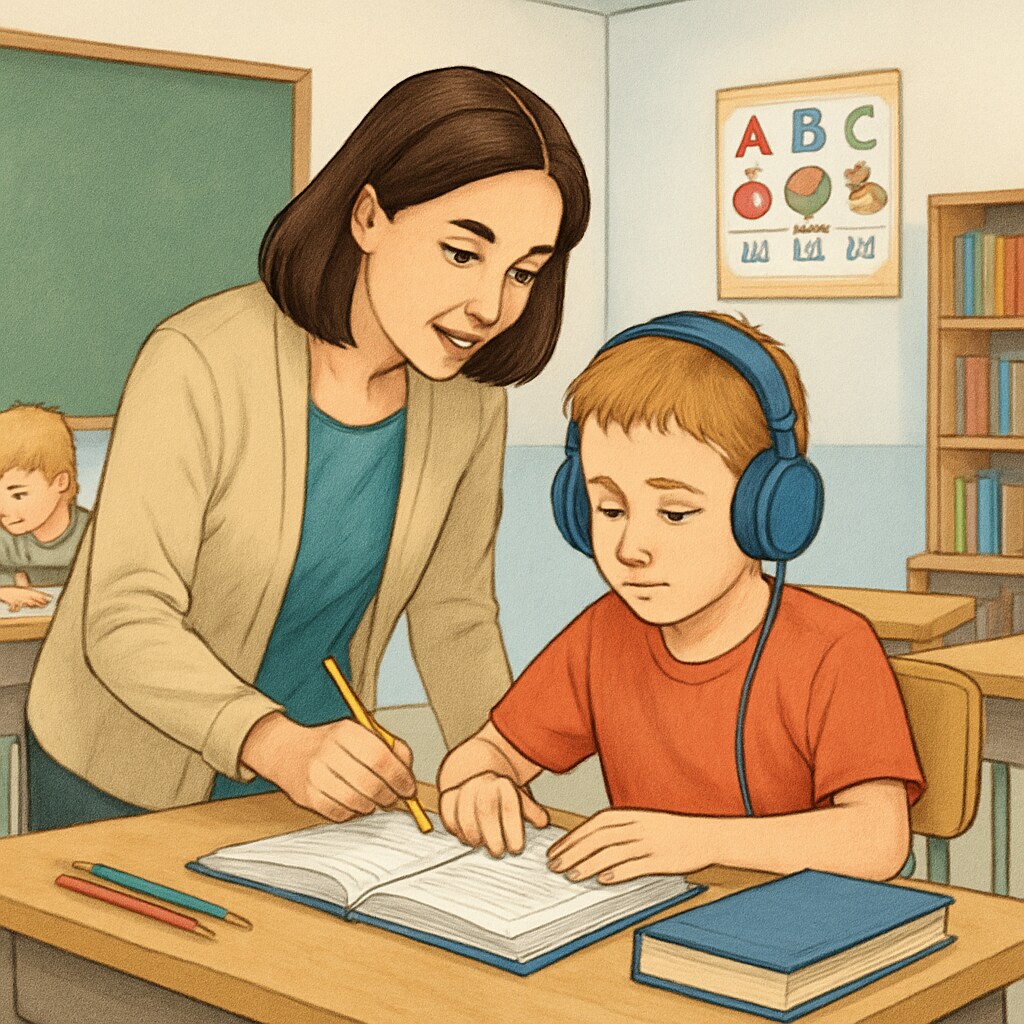Pursuing a medical career is an ambitious goal for any student, but for those with learning disabilities, the journey is often riddled with unique challenges. The education system, designed primarily around standardized assessments, frequently fails to accommodate diverse learning needs, creating significant barriers for these students. This article delves into the systemic obstacles faced by students with learning disabilities, examines the limitations of current educational practices, and advocates for a more inclusive framework that fosters equitable opportunities.
Structural Challenges in the Education System
Students with learning disabilities often encounter rigid systems that prioritize standardized testing as the primary measure of academic success. These assessments, while useful for benchmarking, rarely account for diverse cognitive profiles or alternative learning styles. For example, conditions such as dyslexia or ADHD can hinder a student’s ability to perform well on timed tests, despite their aptitude in problem-solving or critical thinking—skills essential in the medical field.
Furthermore, many educational institutions lack adequate support services to help such students excel. While accommodations like extended test times or individualized learning plans exist, implementation is inconsistent and often stigmatized. This gap in support reflects a broader issue: the system’s inability to fully embrace diverse learners.

Breaking the Myth: Learning Disabilities and Intellectual Potential
A common misconception is that learning disabilities equate to lower intellectual capacity. In reality, many students with learning disabilities possess high levels of intelligence and creativity. For instance, individuals with dyslexia often excel in pattern recognition and spatial reasoning—skills that are invaluable in medical diagnostics and surgical procedures.
However, these talents often remain untapped due to the education system’s narrow focus on traditional academic benchmarks. Instead, teaching methods should be diversified to include experiential learning, project-based assessments, and mentorship programs. These approaches not only accommodate different cognitive profiles but also nurture the unique strengths of students with learning disabilities.

Building an Inclusive Educational Framework
To truly support students with learning disabilities in their pursuit of medical dreams, the education system must evolve. Here are some actionable recommendations:
- Flexible Assessment Models: Incorporate diverse evaluation methods, such as oral presentations, practical demonstrations, and portfolio assessments, to complement standardized tests.
- Enhanced Support Services: Provide dedicated learning centers with specialized staff trained in addressing the needs of students with learning disabilities.
- Mentorship Programs: Pair students with mentors in the medical field who understand their challenges and can offer guidance.
- Teacher Training: Equip educators with the tools and knowledge to recognize and support diverse learning needs in their classrooms.
These initiatives not only benefit students with learning disabilities but also contribute to a more inclusive and dynamic learning environment for all.
Conclusion: Unlocking Potential for a Fairer Future
The journey of students with learning disabilities toward fulfilling their medical aspirations is emblematic of broader issues within the education system. By addressing the structural barriers and embracing inclusivity, we can unlock the potential of these students and ensure that dreams are not limited by systemic inequities. Education is not just about imparting knowledge; it’s about fostering a space where every student, regardless of their challenges, can thrive and contribute meaningfully to society.
As a result, creating equitable opportunities is not just a moral imperative—it’s a necessity for cultivating future generations of diverse and skilled medical professionals.


